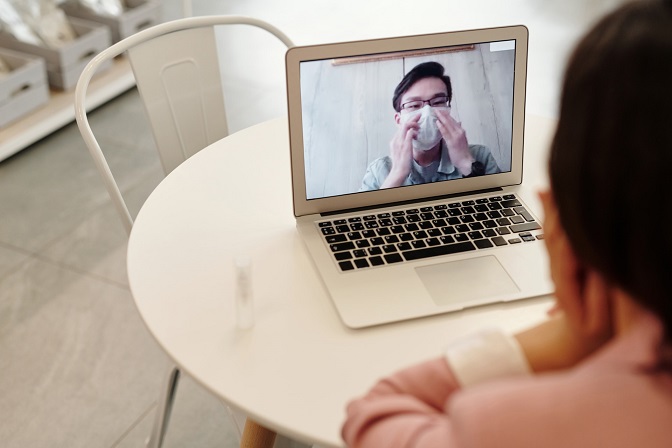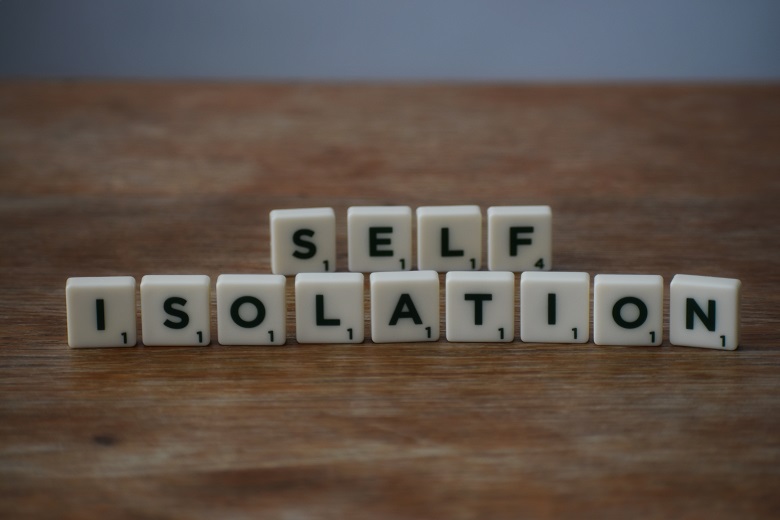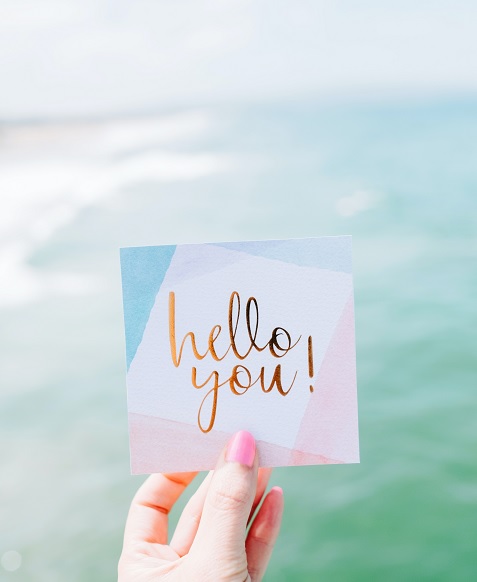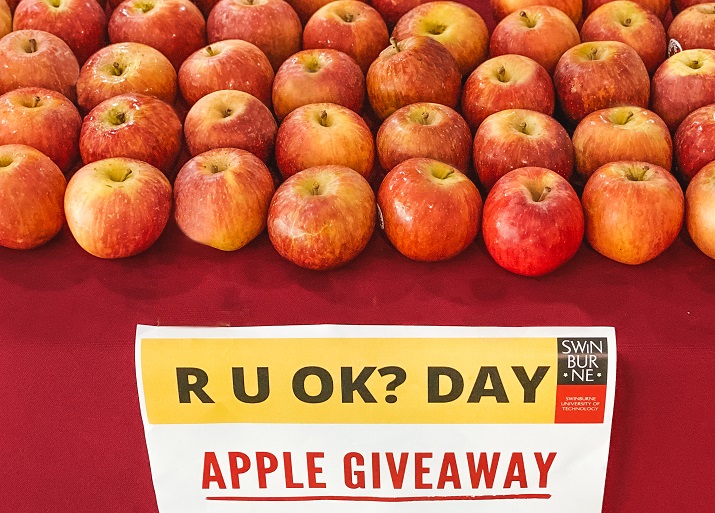When asked “How are you?”, how often do you tell the truth?
Let’s be honest. When we ask “How are you?”, there is just a handful of answers people expect to hear. The most common replies are “I’m fine”, “Doing okay” or “Not too bad”.
How often then, when someone replies with “I’m fine” do you follow up with another question? For me, when my reply is “I’m fine, thanks”, perhaps like everyone else, I’m probably not feeling as fine as I seem to be.
Many of us are living in constant fear as we hear of people getting sick or dying almost every day. We are learning to adapt by changing our way of life. Some may even choose to live in isolation as they are trying not to be part of the COVID-19 statistics.
But we are social beings. Not meeting family and friends for an extended period of time or changing our lifestyle because we have to is burdensome, to say the least. This is probably worse for people with mental health conditions such as anxiety and depression. The strain of isolation must be particularly heavier for this group of people.
In these uncertain and daunting times, it is, therefore, more important than ever to reach out to others, to check that they are doing OK and to let them know that we are thinking of them even if we are physically distanced.
Starting a conversation by asking, “Are you okay?” as opposed to the innocuous “How are you?” hits differently in this COVID-19 era. The pandemic and its effect are dramatic and widespread, touching everyone’s life and impacting them one way or another.
To ask “How are you?”, it would either turn the conversation into a gloomy situation or force someone to lie straight to your face just for the sake of telling you they’re fine. We need better questions to ask, or according to the researchers at Harvard, we should just ask twice.
But it seems a bit weird to ask twice, isn’t it? Though asking twice is a way to break through to someone, initiating the contact is important. Do not wait for them to talk to you first because they probably won’t. But asking, “Are you okay?” may cause tension as this question seems to imply that something is wrong with the individual. So what are other ways to show your support and what can you say as a follow-up question?
“How are you?”
“I’m fine, thanks for asking.”
“Are you sure?”
Short. Simple. Effective. “Are you sure?” is the bait that allows the other person to open up a bit or reply with a “Yeah, I’m alright. Thank you.” It is ‘safe’ because the other person now knows that someone has taken an interest instead of just uttering a cliché greeting.
“Cool. You know where I am if you need a chat.”
This is a good one. It lets the other person know that someone is keen to listen without needing to say further. A very valuable thing to know when work-related stress and concerns make one feels alone.
“How’re the kids?”, “How’s work?” or “How was your weekend?”
Granted, it is a boring question but something along the line of “You’re on holiday soon, right?” or “Your kids attend…” just shows a bit of an interest in a colleague’s life without prying too much. If this gives them an avenue to vent, great. If not, they know at least someone cares.
“Did you watch/play/attend…?”
Be it a game, a movie or an event, sometimes changing the subject to something everyone mutually enjoys is a nice way to not sound like a busybody. Chatting about everyday life also helps keep the sensitive subject at bay.
“That’s great! I’m having a tough day though if I’m being honest.”
This never fails to remind the other person that it is OK to talk to other people about things that worry them. It gives value to the conversation because of its honesty and shows that someone is prepared to share and listen. However only say this if you have something to share.
Though “Are you okay?” will never replace the need for real social connection or alleviate the feelings of loneliness and distress, but asking it twice, to listen and to take what is being shared seriously, can make a small if not huge difference in someone’s life.
So the next time you see someone who appears unhappy or they don’t look like their usual, jovial self, ask if they’re okay, and be prepared to put on your ‘listening ear’. Because one of the kindest gestures we can extend to others in times like this is to make it known that they do not have to pretend they are fine.
Swinburne Sarawak, through its Student Development and Support unit, offers students confidential, high quality, short-term counselling on issues that affect one’s ability to study or work. In conjunction with World Mental Health Day on 10 October, the unit recently organised its 3rd R U OK? Day, an awareness campaign initiated in Australia that aims to inspire and empower everyone to meaningfully connect with people in their community.
Need a listening ear? Our counsellors are reachable at ecounselling@swinburne.edu.my. All information shared will be treated as private and confidential.

